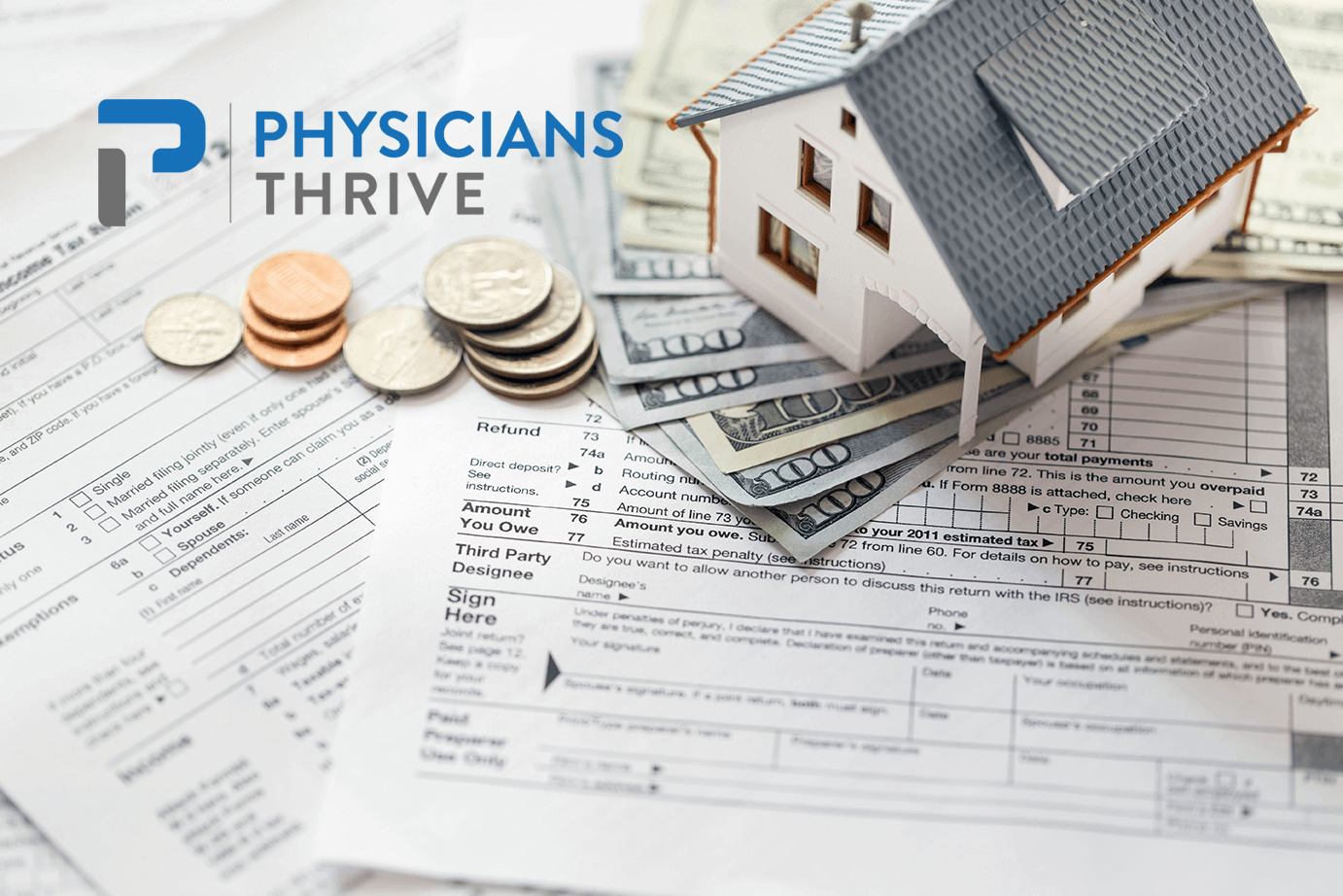Having Tax Problems? You’re Not Alone
“No new taxes!”. Those were the words of George Bush Sr. when he was running for president in 1988. Similar messages are communicated and thought of not only during election years. But this sentiment resonates in the minds of most. Who are trying to find ways to lower the amount of taxes they pay regardless if it’s an election year.
If I were to ask you if you think taxes are higher than they were 30 years ago, most of you would say yes. While this is true, it’s not quite that simple. Let me explain. Approximately 30 years ago, there were only 2 income tax brackets, 15% and 28%. If you filed your taxes as married filing jointly, any income you earned under $29,750 was taxed at 15%. And they taxed any income you earned over that amount at 28%.
For single tax payers, it was 15% for any income earned under $17,850. And 28% for any income over $17,850. Today, things look a little different. If you file your taxes as married filing jointly, you can make up to $231,450 before you go above the 28% tax bracket. If you file as single, you can make up to $190,150 and still be in the 28% tax bracket.
Higher Income
For higher income earners, the highest tax bracket for 2016 is 39.6% and this percentage is used to calculate the amount of taxes you pay for any income over $415,050 for single filers. And $466,950 for married joint filers. One common misconception is that if you make $500,000, the entire $500,000 will be taxed at the higher tax bracket. While this might be how it feels, this isn’t the case. You see, your income is taxed at graded increasing levels the higher your total income is.
There are currently 7 income tax brackets ranging from 10% – 39.6%. To understand how you’re taxed we need to be familiar with a few terms. You may have heard of the terms marginal tax rate and effective tax rate. The marginal tax rate is the highest tax bracket someone is in based on their total amount of annual income. The effective tax rate is actual tax rate you pay when you figure all of your income because your income is taxed at the different tax rates so some of your income would be taxed at 10%, some at 15%, some at 25%, some at 28% and so on, depending on how much you earn.
Read more















































